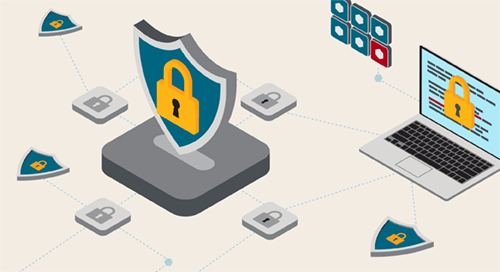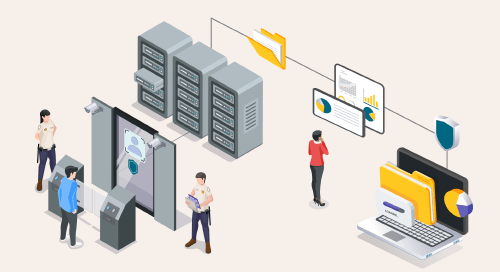Like most business enablers, managed file transfer plays a vital and increasingly consequential role in ensuring that the most critical data never stops. But like all data integration technologies, MFT isn’t immune to the peripheral evolutionary forces that can tank a digital ecosystem not equipped for change.
The emergence of more sophisticated data security threats, disruptive technologies such as AI, cost pressures, and tightening regulatory standards in industries from healthcare to finance to supply chains, will continue to upset the status quo. Can your company’s MFT solution hold out against inevitable change — or better yet, leverage it? If not, how can you move from your current MFT vendor to a new partner who’ll provide a stable, yet agile MFT solution you can count on in the long term — regardless of disruptive forces, foreseen or otherwise?
This brief guide will help you understand the factors that are driving companies to switch MFT gears and that will require the most scrutiny when evaluating a potential new MFT vendor:
- Data security and compliance requirements
- The need to transition to the cloud
- Workflow disruption and workforce scarcity
Each of these factors affect the specific responsibilities of various IT roles differently. We’ll offer some insight on how each persona can test the wind to see if the company’s current MFT vendor measures up to hopes and expectations.













